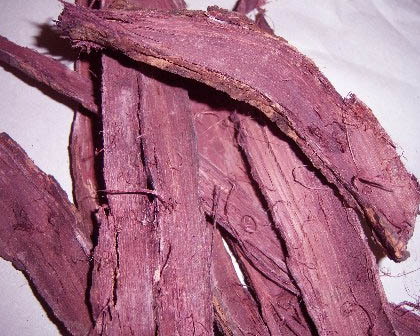Mimosa Hostilis root bark has been valued for centuries due to its diverse range of beneficial properties. This natural botanical is derived from the Mimosa tenuiflora tree, which is native to regions with rich ecological diversity. The root bark is widely recognized for its traditional use in various holistic practices, supporting overall well-being in a natural and organic manner. Its deep history in cultural and medicinal applications makes it an intriguing plant with a wealth of potential for those seeking balance and harmony. These compounds contribute to its powerful antioxidant properties, which can help protect the body from oxidative stress and free radicals. By incorporating natural elements such as this into daily routines, individuals may experience enhanced vitality and a strengthened immune response. The potent bioactive compounds found within this botanical are often linked to overall wellness and longevity.

Beyond its internal benefits, the mhrb USA is also appreciated for its external applications. It has been traditionally utilized in skincare due to its soothing and rejuvenating properties. The high concentration of tannins supports natural skin repair by promoting a balanced and healthy complexion. Many holistic wellness enthusiasts have integrated this botanical into their personal care regimens to maintain nourished and revitalized skin. In addition to skincare, it has been used for hair care as well. The natural compounds present in the root bark help strengthen the hair, providing nourishment and resilience to the scalp and strands. This traditional botanical has been incorporated into various hair treatments aimed at maintaining healthy growth and improving the overall condition of the hair. Its gentle yet effective properties make it a suitable option for individuals looking for natural hair care solutions.
Culturally, the root bark has played a significant role in traditional wellness practices. Various communities have valued its properties for ceremonial and holistic purposes, integrating it into rituals that emphasize spiritual and physical well-being. Its long-standing history in different cultures highlights the deep-rooted respect and appreciation for the natural world and its potential to support human health. Sustainability is also a key factor when it comes to sourcing this botanical. Ethical harvesting practices ensure that the ecosystem remains balanced while still allowing for the responsible collection of root bark. Many individuals who seek natural wellness alternatives prioritize sustainability and environmentally conscious choices, ensuring that they benefit from nature’s gifts without causing harm to the environment. The demand for high-quality Mimosa Hostilis root bark continues to grow as more people become aware of its extensive benefits.
